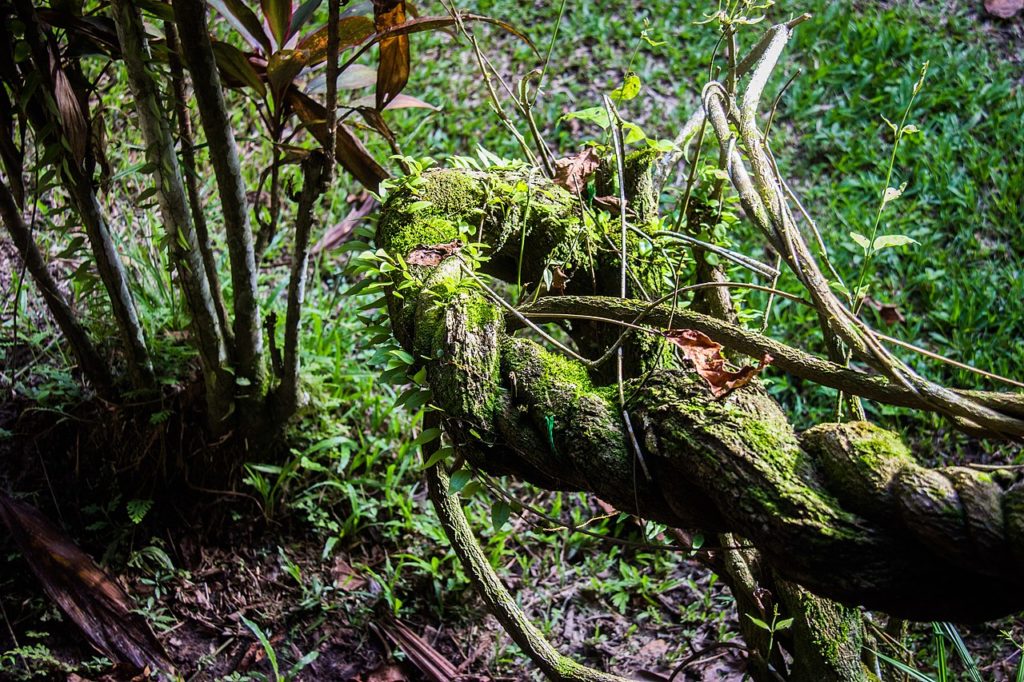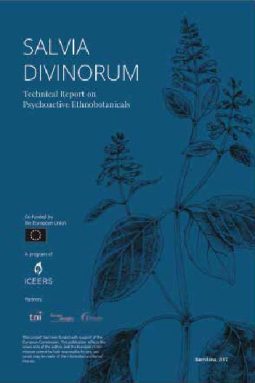In most parts of the Global South, traditional healers outnumber mental health workers, making up the health care system that local people have access to and trust. In a recent article, published in the Health and Human Rights Journal, José Carlos Bouso (ICEERS Scientific Director) and Constanza Sánchez (Law, Policy & Human Rights Director) address the need to include traditional healing practices in the global mental health agenda.
The increasingly important global mental health (GMH) movement is based on the principles of respect for human rights and evidence-based treatments, however continues to privilege Western psychological approaches to those of traditional medicine practitioners. The authors state: “there is a scarcity of institutional documents and international GMH proposals that consider investing in traditional medical practices and research.”
The researchers describe how in a globalized world, traditional healers are traveling to provide services in Western countries, just as Westerners are travelling to access traditional treatments. They say: “Thus, different medical systems, backed by their respective epistemologies, coexist. If traditional practices and epistemologies are not properly addressed within the GMH movement and WHO’s Mental Health Action Plans, this may pose a challenge to health-related human rights.”
Thus, the right to enjoy the highest attainable standard of physical and mental health and the right to enjoy the benefits of scientific progress and its applications necessitates an approach to health that values traditional medicine and health care. These rights, for example, are not always protected for indigenous people when it comes to protecting access to traditional medicines and health practices. In particular, these rights are at risk of being violated when other policy systems, such as drug policies that inhibit people from travelling with their medicines (such as ayahuasca or iboga).
Psychoactive medicines for mental health
With regards to treating mental illnesses, Western science’s approach has focused on treating symptoms rather and had not had much success in addressing the root of the problem.
While Western psychology and traditional approaches may share similar methods, such as the use of various substances, their approaches to healing are informed by differing worldviews. According to the authors, “both scientific and traditional mental health treatments often involve psychoactive compounds. However, biomedicine views mental disorders as biochemical imbalances that psychoactive drugs might restore; meanwhile, Amazonian medicine views spiritual forces as being at work and psychoactive plants are used to harmonize the individual with the surrounding spiritual world. This harmonization tries to achieve an alignment between the individual, the community, the ecosystem, and even the geographical territory.”
Consequently, traditional practices have a more holistic view, placing greater importance on the environment in which mental disorders emerge. And, greater numbers of people from around the world are interested in these approaches, which have also become an area for increasing research. For example, researchers in Brazil have been exploring the use of ayahuasca for the treatment of depression.
The authors state that this growing interest “suggests that the GMH paradigm could lead to a turning point where, contrary to the assumption that the Western mental health model should and will expand, we are instead witnessing the expansion of traditional forms of healing beyond their native contexts. This is evident in the case of traditionally and ritually used psychoactive plants, including ayahuasca.”
Categories:
NEWS
, HUMAN RIGHTS
, RESEARCH & INNOVATION
Tags:
Human Rights
, scientific research
, study
, traditional medicine


